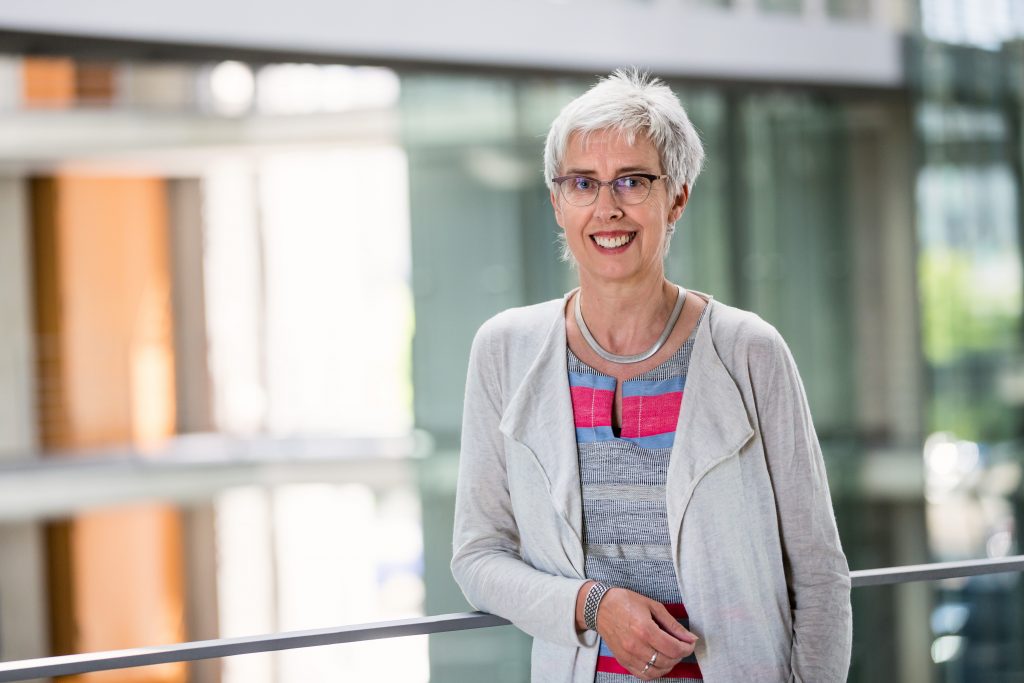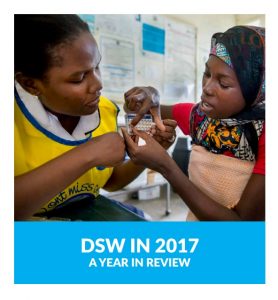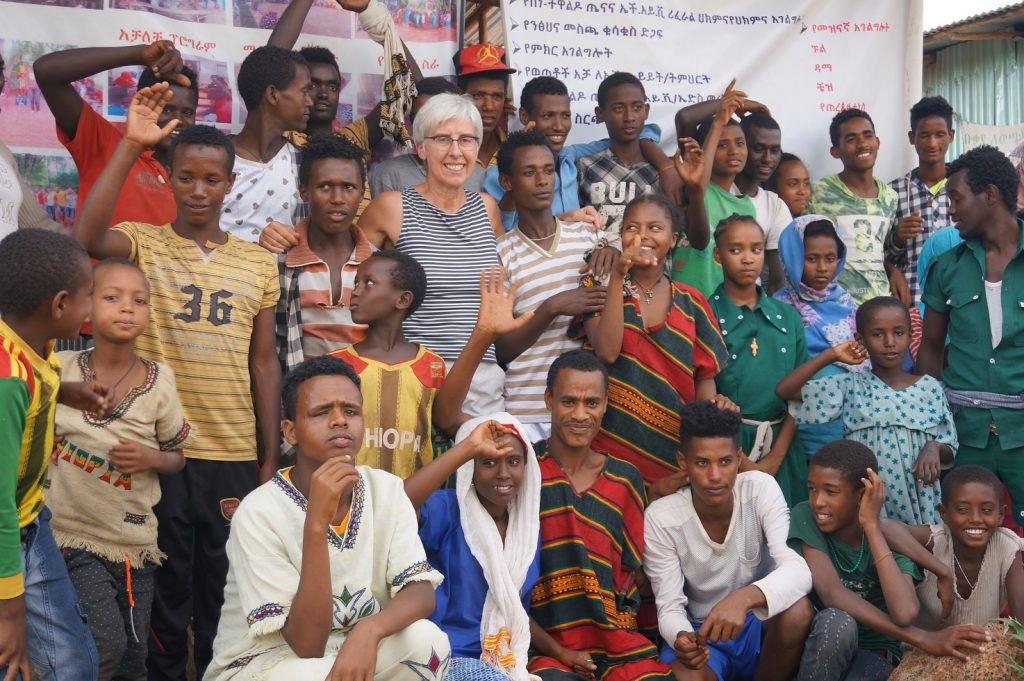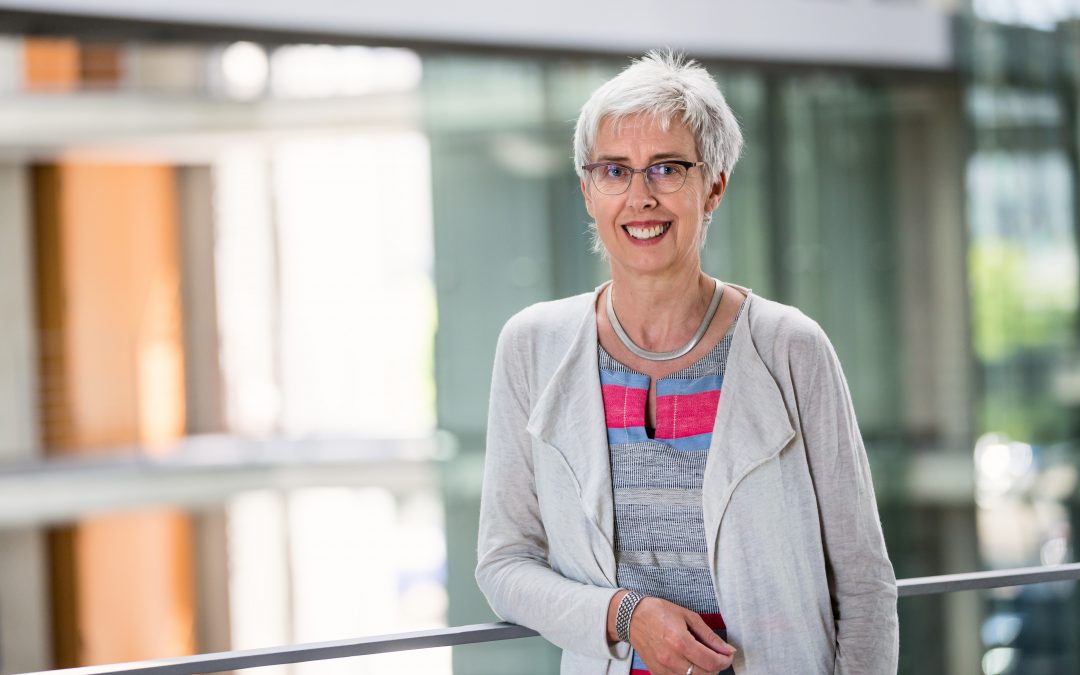Today we released our Annual Report for 2017. The numbers speak for themselves: in 2017 alone, we ran 39 projects and reached over 35,000 young people. Through DSW’s training centres, they received SRHR information, services, and supplies. But what is behind these numbers? How is the current situation in our project countries? What challenges did DSW face, whose lives did we make better? DSW’s Executive director Renate Bähr sought answers visiting projects in 2017. In our interview, she shares her thoughts and her vision for the future.
You have been working at DSW for more than 20 years, and have been Executive Director for over ten years. What are you most proud of during this time?
I am particularly proud of the lasting impact of our work. Even many years after a project has ended, I am happy to say that most of our groups and clubs are still active – and without our intervention! This shows me that our approach works. It also shows that sustainability only works once all facets of the community are included such as
parents and decision-makers. I am also proud of the trust that donors have placed in our work, such as the European Union and the Hewlett Foundation, who approved large projects worth more than one million euros each. This, of course, also applies to other organisations, and indeed political decision-makers, who continue to stand with us and support us in our work.

Executive Director Renate Bähr has witnessed long-lasting impacts of DSW’s projects in east Africa.
You were in our project countries in east Africa several times in the past year. What impressed you most?
I am always fascinated by the great enthusiasm with which young people are involved in our projects, with how they pass their newly gained knowledge of sexual and reproductive health and rights to others in their communities. They are the real drivers of change in their societies! Ofen, it only takes a small nudge by us to develop their self-confidence and to fully develop their own potential.
READ THE FULL VERSION: ANNUAL REPORT 2017

What do you feel were the biggest challenges for DSW in the past year?
DSW, as well as many other non-US organizations around the world, were dismayed when the US Administration cut their funds for international family planning. This has dramatic consequences especially for girls and women in developing countries. Due to the lack of education and contraception, unintended pregnancies, and thus unsafe abortions will increase. DSW is also affected by these budget cuts. Therefore, we are now increasingly relying on other sources of funding for our vital work – both from private donors and from foundations and public donors.

Renate Bähr visiting a DSW Youth Club in Bahir Dar, Ethiopia
What plans does DSW have for the near future?
On the one hand, we want to further expand the capabilities of local organizations in east Africa – especially in advocacy, but also in communication, and impact measurement. In this way, we want to enable independence. By doing this, we will ensure that the changes introduced are continued and have a lasting, sustainable effect. I am very hopeful for the future of our work and the incredible achievements we will continue to make long into the future.
Check out what we achieved in 2017 in our brand-new Annual Report. Curious about numbers? Read on in our Finance Report.

